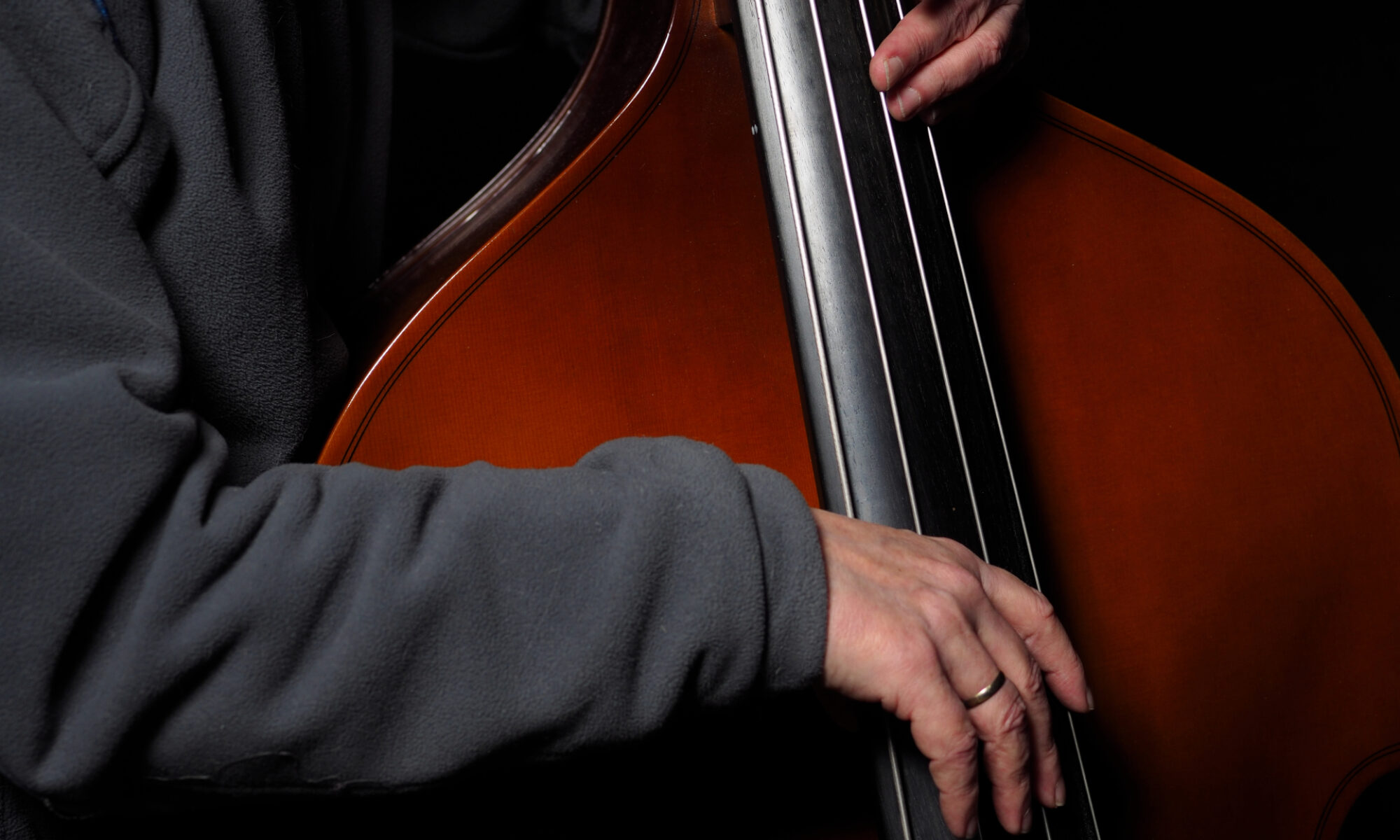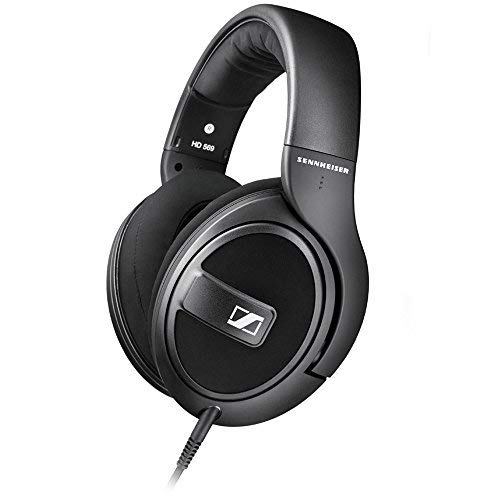Here is how my home directory is currently filled:

I should clean up a bit soon, and put some of the /pictures folders from the past years into an external hard drive and keep that in our bookshelf…

Music. Photography. Thoughts.
Here is how my home directory is currently filled:

I should clean up a bit soon, and put some of the /pictures folders from the past years into an external hard drive and keep that in our bookshelf…
… Manjaro Linux, and also Pianoteq.
In the LinuxMusicians forum there was a thread about Manjaro lately, so I thought why not try it? Manjaro, for those who don’t know it, is based on Arch Linux and as such has a “rolling release” strategy instead of publishing more or less fixed versions and updates. This means that your software will always be fresh and up to date, a bit like if you would use the Debian unstable repository aka “Sid”.
Manjaro also uses XFCE as their default desktop environment, so I wanted to see its status as well – and as I’ve learnt from the forum post mentioned above it also comes with packages for almost everything including trial versions of Pianoteq, Reaper, and Bitwig. I have tried Reaper on Windows already (and really, it looks very similar on Linux), not so much interested in Bitwig (tho I did have a short look), but Pianoteq was of interest to me, and after trying their standard version first, I also had a look at the lesser (and with 99$/€ cheaper) “Stage” variant of the software. Looks like this on a standard Manjaro (in a VirtualBox VM):

Of course I could only dream of having realtime, being in a VM, but for a first look it was good enough – and those piano models really sound wonderful. I’d really like to hear some of Zuleikha’s tracks with these sounds, so I could compare them with the (also commercial) Addictive Keys xln audio “Studio Grand”, and with the free “Salamander Grand” which is a nicely sampled Yamaha C5. Maybe I’ll come back to that at a later point, let’s see.
As for Manjaro, yes it looks and performs good, so for anyone who wants to try something new and fresh, go and give it a try. I don’t really need it because Debian already provides everything I need (ok, together with the KXStudio repositories for music-related stuff), but in case you’re interested, why not? From what I saw I liked it.
As always, thanks for reading.
I read (and I’m even a member of) LXer – a news aggregation site for anything Linux and open source. And while we’re linking to other media there, over the years one name is standing out because of his continuing work for the same old media company, and his good and thoughtful articles about Linux and other open source software and hardware. That name is Steven J. Vaughan-Nichols, and he writes for ZD Net (yes, they still exist).
Let me cite the man in his latest article MS-Linux? Lindows? Could Microsoft release a desktop Linux? which I read today, after again finding it through LXer:
I used to say that Microsoft would release a Microsoft desktop Linux — MS-Linux or Lindows — when pigs fly. Lately, though, I’ve been hearing oinking from the sky.
SVJN in the ZD Net article linked above
It’s interesting as always to read the man – and here are two other notable articles of his which I read lately:
Edge goes Chromium, and open source wins the browser wars
and
Dell XPS 13: The best Linux laptop of 2018
Enjoy, if you’re interested in stories like these.
Edit: If you already have Windows 10 Pro or Enterprise on your machine and want to try and get your feet wet testing Linux, here’s an article of Steven’s colleague Ed Bott on that topic:
Windows 10 tip: Run Ubuntu Linux in an enhanced Hyper-V session
Enjoy.
At work, my headphones were pretty damaged, and about to give up the ghost and just fall apart. Well that is what 3 or 4 years of daily usage do to a pair of 20€ headphones I guess. So I had to get some replacement.
At home, I have the Sennheiser HD598SE which are just awesome – best I’ve ever had, so I was thinking of Sennheiser again. But the ones at home are ‘open’, which means that they don’t isolate you from your surrounding, and they also won’t isolate your surrounding from you and whatever you’re listening to. So a comparable set as a ‘closed’ design would be much better for work – where the main purpose is to isolate myself against the office cacophonia (hear marmotte’s awesome title with that name).
Turns out the Sennheiser HD569 – a bit cheaper than my HD598SE – are exactly that:

They arrived today, and I compared them to the ones I had already. The result: if you just want or need the better pair of headphones and don’t mind a few extra Euros, get the HD598 (or now its successor, the HD599). But the HD569 is pretty good, and it really takes you out of your surrounding should you want or need that. I would call them ‘honest’, and although they lack the last tiny bit of deep bass or crisp highs which the HD598 will give you, they are really good for what they are.
I think I’ve made the right choice. Maybe I’ll write more about this after a few days at work.
Thanks for reading.
That headline is basically what I wrote as a comment on someone’s (very nice, thank you!) Youtube video. Background: Mitchie is looking for a replacement for her notebook. And some sites (like the very good golem.de) even test new hardware with Linux – leaving me once more with the impression that some vendors (like Lenovo for instance) don’t even test their machines with Linux, while others (like Dell for instance) do very much to being able to offer some of their machines with a Linux distribution instead of the usual Windows “tax”.
Which means for me: if we want to run Linux, and the vendors don’t care, then I/we won’t care for them as well – they certainly have more time, money, and resources for such tests than I would/could do.
So no Lenovo, no HP, Asus or whatever nice machines might be around. There are others who simply care more about the rest of us, thank you very much. Time for us to be more consequent, and to vote with our wallets – supporting those who actually care about us.
End of today’s rant.
Listen to Glen McArthur, farmer, and maintainer of AVLinux, and maker of the AVL Drumkits (his and his son’s):
Oh, and hear Glen and his son Connor singing and playing as well:
Good stuff and people. I always say thanks when virtually meeting him in the LinuxMusicians Forum.
About a year ago or so I’ve compared virtual sampled pianos myself, and I did that using a downloaded MIDI file with Dave Brubeck’s “Take Five”, played by someone I don’t know anymore (forgot to save that information together my my download as I’m afraid of). Anyway, for the purpose of pure sound (and effect) comparison, you can read the articles:
Take Five backing track, version 3 (from April 28. 2017),
Take Five backing track, version2 (from April 27, 2017), and
Trying my hand on… (from April 1, 2017)
The first two of these links have the XLN Audio Studio Grand, which is a sampled Steinway, and in the “Trying” article I used the free “Salamander” download, which is a sampled Yamaha C5 Grand Piano.
You can also listen to these three versions here if you wish:
(XLN Audio Studio Grand, Jazzish Preset)
(XLN Audio Studio Grand, tweaked with ‘cellar reverb’ by me)
(Salamander (Yamaha C5) Grand, which comes as a free download)
I like them all, and they’re more than enough for what I could play on any of these. But they’re nothing when compared to the real thing. Here is Bill Laurance, playing a Yamaha Concert Grand in Union Chapel, together with some of the Snarky Puppy musicians, and some classical strings and a horn:
The difference between a virtual piano and a real one is not only the sound – it’s more the feel, and hard to describe, but even *I* (as a non-piano player) can feel it. To understand what this is about, watch Josh Wright who explains it far better than I could (also demonstrate):
Enjoy… and as always, thanks for reading.
Another set of ten useful quick tips from Warren Huart:
Of course you don’t really need all of his plugins, or his Mac and ProTools setup – Ardour and some free tools will do as nicely. Like he says, use these tools wisely and sparingly (a dB or two can make a big difference) – and create your own signature sound.
Recommended viewing for music/video and other content producers.
Almost a year ago, I reported about the keynote speech of the Linux Audio Conference 2017 at the Université Jean-Monnet, Saint-Etienne (UJM). That one was given by Paul Davis of Jack and Ardour fame, and very interesting not only for Linux Audio users. It’s still online if you want to see it.
Ardour, and some of the Calf Plugins (which are available on Linux only), running on my computer, to work on vocals of a great singer who’s on Wikiloops)
Now, as I found via the Ardour site (and via the Linuxaudio Planet first to be correct), there’s an interview (from January 2018) with him again, by Darwin Grosse of Cycling 74, at the Art + Music + Technology site.
Find the 1 hour podcast and interview with Paul there.
It’s always interesting to listen to people like Paul, and this time you’ll learn a bit more about his personal history, how he got into music making with computers and Linux, and also about the close relationship between Ardour and its commercial sibling, Harrison Mixbus. Another thing I didn’t know so far was that the founder of Ableton was also heavily involved in Ardour at some point.
Paul also talks about the differences of linear workflow tools like Ardour, ProTools, and Cubase (just to name a few), and newer products for a more groove oriented workflow, like Ableton Live, Bitwig, or Fruity Loops (again, to name only a few).
Especially interesting for beginners, or for people who might play with the idea of switching over from Macs and Windows-based machines to Linux Audio are his two advices, like:
1. if you have already a workflow, and that is based off of plugins which might exist for Windows and/or Macs only, best forget about it, and
2. if you’re still interested and just don’t know where to start, try AVLinux.
(to which I might add that yes, AVLinux has the best of all available documentations about it all that I personally know of, but there are others which do more or less the same, like KXStudio, or even Ubuntu Studio (Zuleikha is using the latter on an older laptop, and all of them can be downloaded as Live images to put them onto a bootable USB Stick). The repositories of KXStudio are probably the way to go if you happen to run Debian Linux already, like I do.)
So in case you’re interested, go and have a listen. I always learn a lot from just listening to guys like Paul. And we owe them a lot.
So this is recommended listening for musicians, and even for video producers, or film music composers.
As always, thanks for reading.